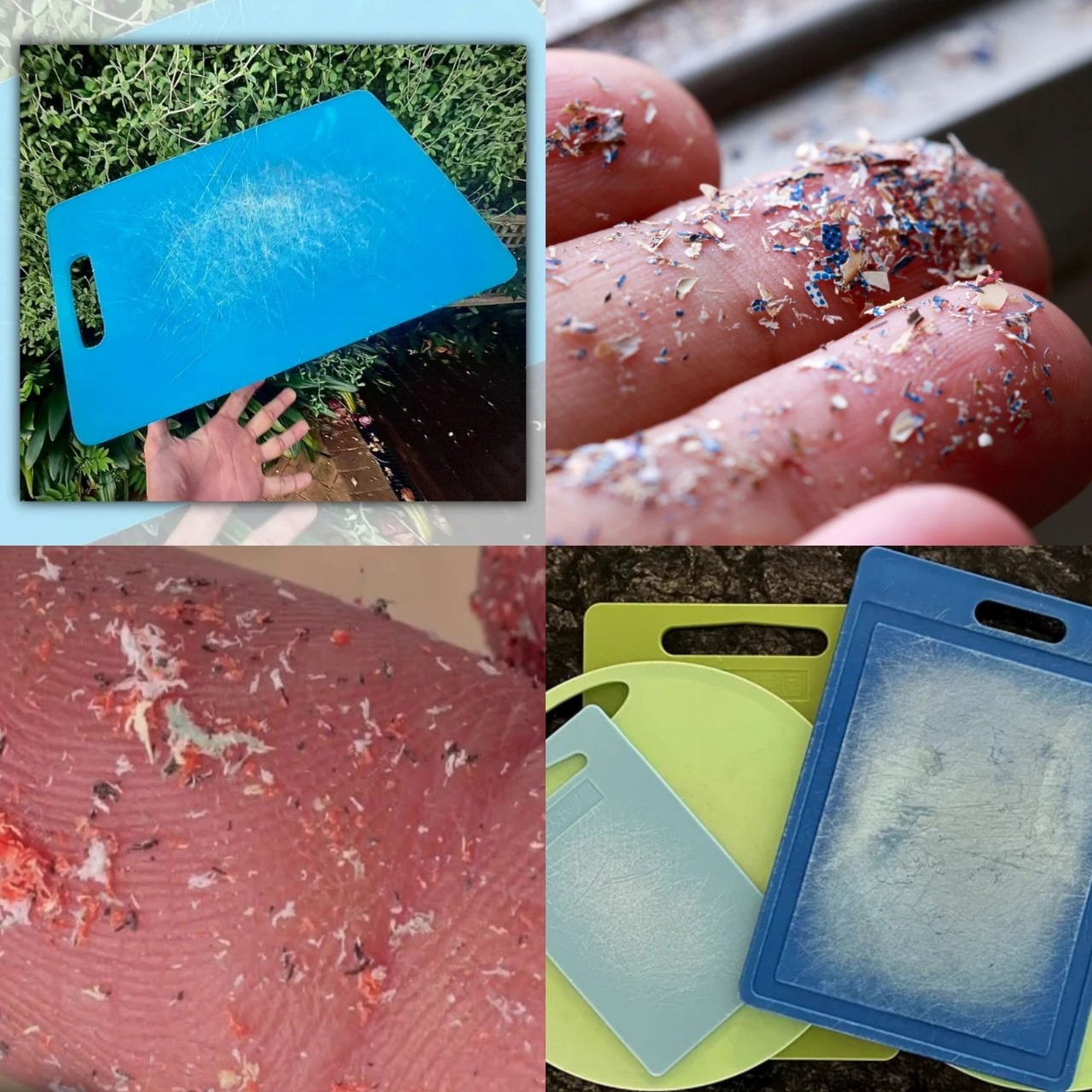ADVERTISEMENT
Inflammation: When foreign particles are present, they can cause the immune system to react, resulting in swelling in the brain.
Oxidative stress caused by microplastics can harm cells, leading to aging and illness.
Effects on the brain: While researchers are still studying the long-term impacts on people, the research suggests possible connections to problems with thinking, memory, and brain diseases.
Health Effects and Future Worries
Finding microplastics in the brain raises worries about how they can affect people’s health. Possible health consequences include:
Cognitive problems: When microplastics build up in the brain, they can disturb thinking abilities, causing issues with memory, focus, and maybe even playing a part in diseases like Alzheimer’s and Parkinson’s.
Neurotoxicity: Being around microplastics for a long time could harm the brain by causing inflammation and oxidative stress.
Changes in behavior: Studies on animals have shown a connection between microplastics found in brain tissue and changes in behavior. However, further research is necessary to determine how this affects human health.
What can we do?
Avoiding contact with tiny pieces of plastic is difficult because they are found everywhere in nature. However, there are ways to reduce the amount consumed:
Filter your drinking water using filters that are made to decrease the amount of microplastics in it.
Choose fresh foods without plastic packaging and try to avoid using plastic containers whenever you can.
Reduce the use of disposable plastics: By using bags, bottles, and other items that can be used multiple times, people can help decrease the amount of plastic waste in the environment.
Final thoughts
The discovery that tiny pieces of plastic can enter the brain is an important step in learning how much they can affect human health. More studies are necessary to understand the lasting impact, but this research is a warning about the common and unseen danger of microplastics. As pollution in the environment increases, it is crucial to reduce exposure and support eco-friendly options instead of using plastic.
